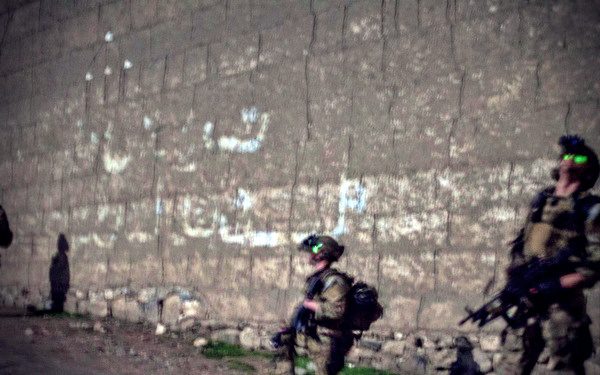Typical witness in a court-martial trial
Witnesses generally come in three forms: professional (e.g., law enforcement), lay/civilian (e.g., victim, eye witness), and expert (e.g., chemist, fingerprint analyst). In addition, a witness can be favorable to your case or hostile.
A trial advocate can follow steps and checklists to evaluate the credibility of a witness (e.g., knowledge, bias, education and training); determine whether the witness is essential or non-essential or, if essential, whether the witness testimony will be most effective in the (Library of Congress: Military Law) case-in-chief or in rebuttal; and to prepare a witness to testify on the witness stand. There are a few key differences in each type of witness that will dictate how each will be prepared for testimony.
In most criminal cases, the witness list will include at least one professional law enforcement witness, such as the responding/reporting Military Police officer and/or the assigned Criminal Investigator. These witnesses very likely have at least minimal training and experience in the criminal justice system, having reported and testified in trial or in an Article 32.
A Trial Counsel will want to interview this witness as early as possible. Doing so will help determine whether there are additional and necessary investigatory steps that must be taken before proceeding with the matter further or to improve the existing case. (E.g., identify and interview other possible lay witnesses, gather documentation to corroborate victims and witnesses). Additionally, and particularly in the instances when there are multiple law enforcement officers who respond to a crime scene, interviewing all of them together will be tremendously helpful as they assist each other recall or clarify facts and observations.
Lay witnesses and victims particularly require a different preparation method, largely because they are unlikely to have any experience with the criminal justice system and may never have testified or been inside a courtroom. This especially applies to a child witness/victim. To be sure, the trial advocate will follow the checklists to evaluate this witness for testimony, gauging memory, refreshing recollection, preparing for direct- and cross-examination as well as the difference, and rehearsing.
In addition, it will be necessary for the trial advocate to take steps with this witness to alleviate confusion and intimidation of the process, and to educate on, for example, the procedures to follow, the time-line of the case, and the roles of the personnel in the courtroom. In addition, a trial advocate might consider taking the witness to the courtroom where the witness can sit in the witness stand for a few minutes to become familiar with the setting. Of central importance in preparing a lay witness is to familiarize the witness with as much of the process and personnel, including the trial advocate.
A lay witness might be hostile to the trial advocate’s case and will often require a different approach altogether. First, the trial advocate might decide to do no pretrial preparation with a hostile witness, thus avoid giving the witness a chance to prepare their answers. Sometimes simply asking the witness the first time in trial is the most effective.
This approach can be unpredictable and risky. In most cases, a hostile witness may be useful to the case for a very limited purpose, to prove a fact or small set of facts that cannot be proved any other way, to lay a foundation of an exhibit or to corroborate another witness that is helpful. It is advisable to be mindful of the specific purpose, get it from the witness with a limited direct and, correspondingly thus limit the cross-examination. If the witness has made a helpful written statement, it will be very useful for the witness to admit writing it, that it was true when it was written, and that it was written when nearer to events in question.
An expert witness may be necessary for one party or the other to prove their case, usually by assisting the fact finder with facts and an opinion on how the facts relate to the subject at issue. Generally, this can be accomplished when the expert explains what may be sophisticated scientific and forensic principles as well as testing procedures so that they are understandable to the untrained fact finder. The expert must be qualified to render an opinion, and the checklist is a valuable tool to assist trial counsel for this purpose or, conversely, to challenge an opposing expert’s qualifications.
In either event, the trial counsel should endeavor to know the subject matter on which the expert will testify at least as well or better than the expert. This is important to prepare the expert for cross-examination and avoid errors and discrepancies, particularly with opposing expert testimony. It may also be necessary to hire a consulting expert to help build the requisite understanding and to help develop cross-examination questions for the opposing expert.

